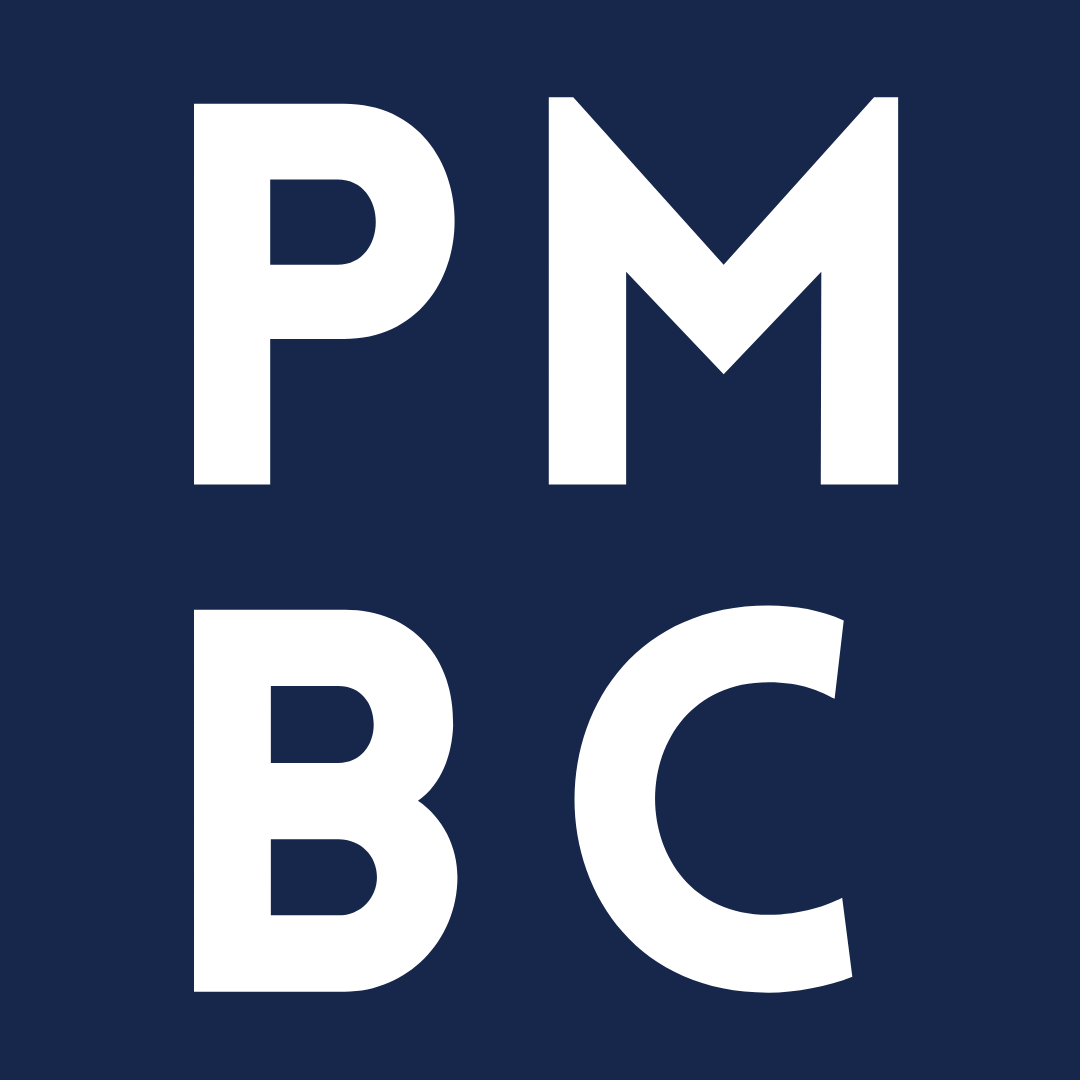What is the number one skill for project managers to become project leaders?

If I were to boil down the transition between Project Manger to Project Leader, I would say: be a Problem Solver.
Taking notes, writing status, updating dates? All good stuff. But that is not problem solving.
Thinking your methodology will fit any situation? There’s a failure to listen in there somewhere. That is not problem solving either.
So what does it take to be an effective Problem Solver?
- Listen well and listen hard.
- Collaboration
- Analogical Thinking
Listening
There is one quality that all good leaders should have, and that is good listening skills. You are only as successful as your ability to communicate with people, and you can only communicate effectively if you're a good listener. So what's the secret about being a good listener?
We live in a fast paced world. The first key, in such an environment, is just to stop. And when we stop, we can listen. So at your next conversation, fold your laptop down, put down your pencil, turn off the TV, close email, texts, etc. And stop.
And as you stop, you can find you can listen. You will struggle to stop. We have wired ourselves to always be going. Here is the thing. If you don’t stop, you will never be able to listen. And if you never listen, there are harsh consequences later.
The temptation, even when we stop, is to talk. But we need to do the opposite. Zip the lip. Be quiet. Don’t open your mouth.
Our tendency to want to talk interrupts the other person. We can’t hear the other person if we are talking.
Zipping the lip also keeps us from giving solutions. There is a time and place for a solution. But initially, if you are trying to solve a problem, giving a solution means you have already figured it out in your head. And you could be wrong.
Ultimately, as a project leader you want to become really good at asking questions. And that can only come when you listen. Because in the asking of questions is when you begin to get really good answers. And really good answers lead to better solutions to problems.
Collaboration
Working together enables us to share knowledge, which in turn allows us to be more successful.
When we collaborate, we bring different skills, expertise and knowledge together that would not have happened if we worked by ourselves.
Collaboration increases our capacity to solve problems. It helps us come up with new solutions to issues and can lead to a better outcome than if we had tried to achieve it individually.
While collaboration involves listening (see above), there is something more at its core.
Collaboration has to do with you.
What is your attitude in working with other people?
Do you truly believe “Collaboration Fuels Project Success”?
My team and I have been doing something a little different with documentation. Usually documentation involves sending someone off into the corner to write something up. But this time, we did it as a team.
We jumped on Zoom. One person writes, directs, asks questions. The others say “yes”, “no”, contribute words, make suggestions, find text from somewhere else, etc.
It seems likes wasting MORE time, since it takes more people.
But since we did it collaboratively, here’s what happened:
- better document
- more complete
- everyone felt BETTER not only about the document, but not feeling oppressed by documentation
- plus everyone was on the same page
Analogical Thinking
analogical reasoning; the process of finding a solution to a problem by finding a similar problem with a known solution and applying that solution to the current situation.
Analogical Thinking is a superpower. It truly is a way to solve complex problems.
David Epstein, in his book “Range”, discusses analogical thinking at length.
It is a way to “find solutions in experiences far outside of focused training for the problem itself.” That is to say, your experience as a plumber, could help a specialized scientist solve some kind of problem in her lab.
The basic idea is this: use experience from X to solve a problem in field Y.
And this is why, as a project manager, you need to learn ALL sorts of things. It will help you be a better project manger.
I don’t think you can engage in Analogical Thinking, or at least, not do it well, unless you are a Listener and a Collaborator.
It is understanding the power of analogical thinking that gave rise to websites such as Innocentive and Kaggle.
These are problem solving platforms. And the amazing thing? Lots of solutions to problems are found by people who worked outside the field in which the problem was posted.
Conclusion
So you want to be a project leader?
Become a problem solver.
But to do so, you need to become a better listener and a better collaborator. Along the way you will develop your analogical thinking skills. And your problem solving super powers will be born!





